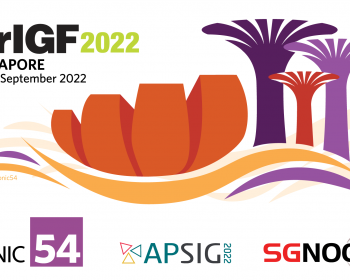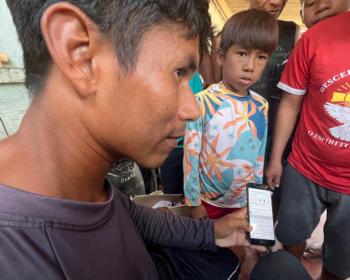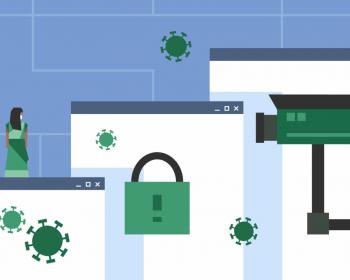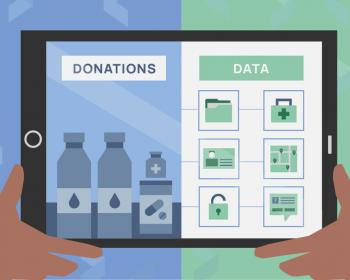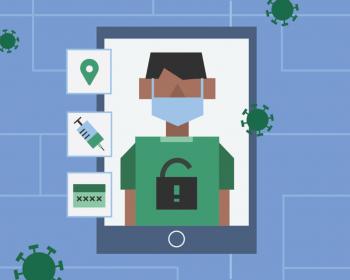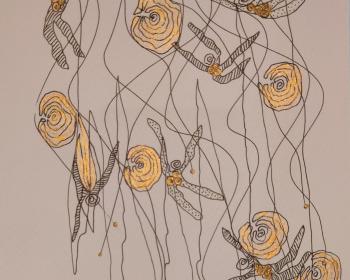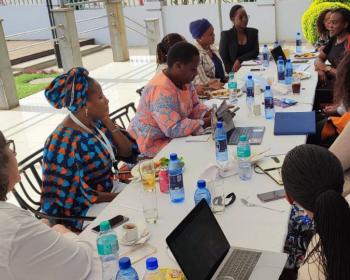Asia
APC will be joining APrIGF with a focus on empowering new voices, responding to a changing digital rights environment and promoting community networks as an access solution.
Welcome to the 50th monthly round-up of developments impacting your local access networks and community-based initiatives. This month, we look at innovative community-centred connectivity models that enable communication while strengthening self-determination, and much more.
The push for digitisation during the pandemic – whether for health management or to keep daily activities going amid lockdowns – deepened the digital divide in India, since escalated digital adoption without adequate policy protections can exclude the already marginalised even more.
The Zalo Connect app in Vietnam connects users in need with private donors. But in doing so, it exemplifies a humanitarian trend that centres on extracting data from vulnerable communities as a precondition to receiving aid, protection and justice.
In light of the illegal status of safe abortion, abortion seekers turn to the internet to access credible related information. Shruti Arora discusses how women in India and Poland challenge the abortion ban, and how online resources help them seek authentic information for safe abortion.
The Sri Lankan government has capitalised on the COVID-19 pandemic to further its authoritarian agenda, using digital technologies to reinforce a climate of fear and censorship.
In Indonesia, the PeduliLindungi app has become synonymous with the COVID-19 pandemic. Yet it poses an unprecedented threat while leaving citizens with little recourse to protect their data. This article is part of the "Pandemic of Control" series by EngageMedia and CommonEdge.
Internet user growth is slowing and varied attempts to address the problem of access – through traditional telecom models, private sector initiatives, state-led measures, philanthropy – have met with limited success. We must rethink how networks are built, owned, operated and utilised, and empowering local communities is key to this.
Welcome to the 49th monthly round-up of developments impacting your local access networks and community-based initiatives. In this edition, find out more about women's engagement in community networks in Africa and much more.
Internet censorship in the name of morality in Pakistan is rampant, and the trend continues to grow as new laws and regulations are introduced. But just a cursory look at this trend reveals that the censorship is not just vague, but also sexist, targeting women's expression and experiences online.

Association for Progressive Communications (APC) 2022
Unless otherwise stated, content on the APC website is licensed under Creative Commons Attribution 4.0 International (CC BY 4.0)



